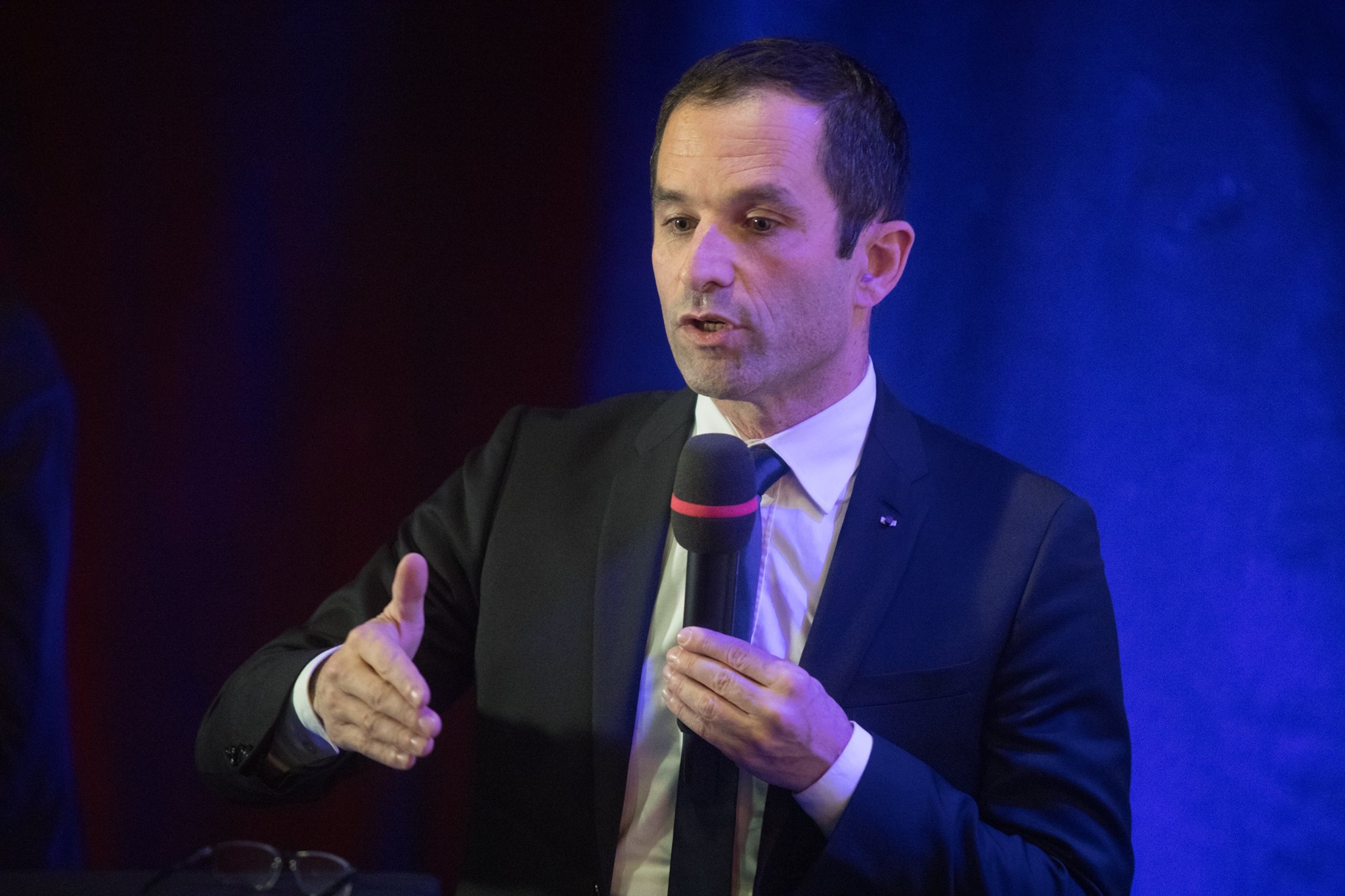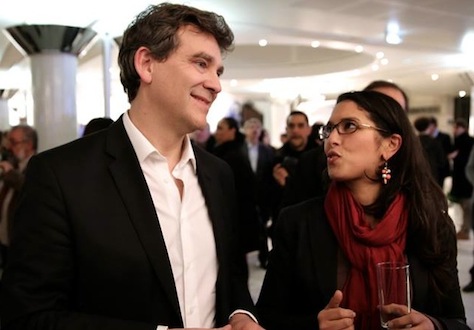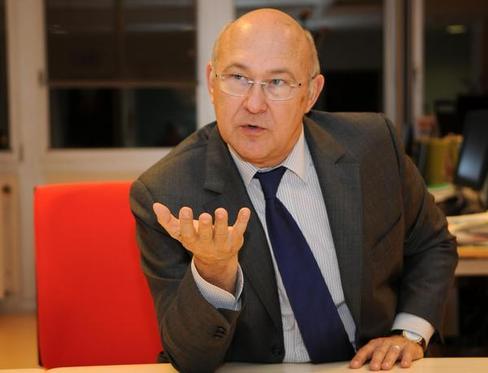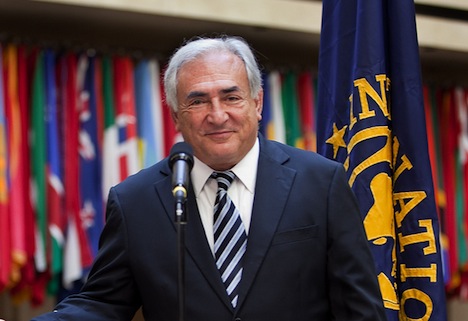
In French politics, François Bayrou is always the bridesmaid — never the bride.![]()
That was true in the 1990s, it was true in the 2000s and it now seems true in the 2010s as the longtime centrist ended his own presidential hopes for 2017 and endorsed the center-left independent candidate, Emmanuel Macron.
The 65-year-old Bayrou, who got his start in politics in the 1980s, and who has waged three earlier presidential campaigns, is forming an alliance with Macron as France turns to the first round of its presidential election on April 23, a presidential runoff on May 7 and parliamentary elections on June 11 and 18.
In stark language, Bayrou warned that his country was at ‘extreme risk’ after an election campaign that had so far ‘made a mockery of France,’ a risk that necessitates an ‘exceptional response’ — in the form of elevating the relatively inexperienced 39-year-old Macron to the presidency.
Bayrou came closest to winning the presidency himself in 2007, when he appealed to voters with doubts about both the center-right candidate, Nicolas Sarkozy, and the candidate of the center-left Parti socialiste (PS, Socialist Party), Ségolène Royal, winning nearly a fifth of the French electorate in that year. But his appeal faltered in recent years, and polls show that Bayrou would win merely 5% or 6% of the vote among an extraordinarily fluid and crowded 2017 field.
Once a rising moderate star of the French right, Bayrou served as education minister under former prime minister Édouard Balladur from 1993 to 1995 and then under Alain Juppé from 1995 to 1997. Bayrou also serves as the mayor of Pau, the capital of the Pyrénées-Atlantiques region of southwest France. Yet Bayrou never incredibly warmed to Sarkozy, and he has excoriated François Fillon, the former Sarkozy prime minister who came from behind to win the Républicain nomination (eclipsing both Sarkozy and one-time frontrunner Juppé). Fillon has been stung by accusations in recent weeks that, while in office, he funneled public funds to his wife, Penelope, and children for jobs they never actually performed.
Greater scrutiny is taking its toll on Macron
Though Macron’s popularity soared in December and January, his campaign has stalled with voters at around 20% support. With the far-right candidate of the Front national, Marine Le Pen, leading the first-round vote with around 26%, Fillon and Macron are essentially tied for second place and the all-important ticket to the May presidential runoff against Le Pen. Polls show that either Fillon or Macron today would trounce Le Pen by a nearly 60%-to-40% margin. Continue reading Bayrou, heir to liberal-right UDF tradition, joins forces with center-left Macron







